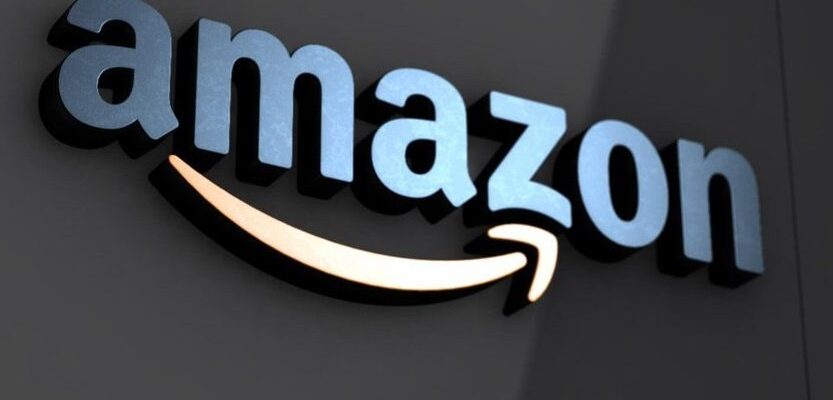California’s Franchise Tax Board (“CFTB”) has started a battle for income tax with Amazon sellers who makes use of the Amazon FBA program.
California is unique as it has two different agencies that handle California’s taxes: CFTB administers California’s income tax – Franchise Tax and California’s Department of Tax and Fee Administration (“CDTFA”) administers other taxes, including sales tax.
California believes that storing an inventory in a state creates nexus, therefore, CDTFA has received a list from Amazon of third-party sellers who were storing their inventory in Amazon warehouses during 2017 and shared this information with CFTB. Now, these FBA sellers started to receiving letters from CFTB demanding to submit an income tax return for 2018.
It is unclear why California started this battle right now, but it might be the outcome of the Covid-19 pandemic as states’ revenue shortfalls or it could be California’s response to Online Merchant’s Guild’s lawsuit against CDTFA. The basic context of this lawsuit is as follows:
California requires businesses to collect sales tax on their sales, but for nearly all-decade Amazon refused to collect California’s sales tax, because, allegedly, Amazon offered political benefits to CDTFA and its elected overseers. California lost billions in tax revenue and began to look for someone to pay the missing taxes. Amazon came to help. It fed CDTFA with names of merchants whom CDTFA has been targeting for supposed tax obligations stretching back to 2012. CDTFA has been threatening those who do not give in and pay up with felony convictions, years in jail, and crushing fines. Online Merchant’s Guild believes that Amazon should be the one who should cover lost billions, not small merchants.
But let’s get back to Franchise Tax. Many FBA sellers are complaining that they are distinguished over the other eCommerce sellers. But it is not exactly true. Federal law, called the Interstate Income Tax Act of 1959 or Public Law 86-272, says that a state cannot impose an income tax if:
- a) seller’s only activity in the state is the solicitation of tangible personal property, and
- b) the orders are approved from a point outside of the state, and
- c) the orders are then fulfilled from a point outside of the state.
So, eCommerce seller, who does’t store any goods in California or who doesn’t utilize Amazon FBA program, will be protected by Public Law 86-272, although, Multistate Tax Commission is already looking to modernize the interpretation of Wayfair ruling and apply it to income tax, however, FBA sellers and any other seller storing its inventory in California will not meet c) criterion, therefore, all FBA sellers will not be protected by Public Law 86-272.
And likely it is not only the Franchise Tax that is due. If the seller is required to file a Franchise Tax return, it will also be required to register with California’s Secretary of State, and this, in turn, requires to appoint a registered agent in California and prepare and file annual reports.
We believe that California is the first state to tackle Amazon FBA sellers but definitely not the last.


